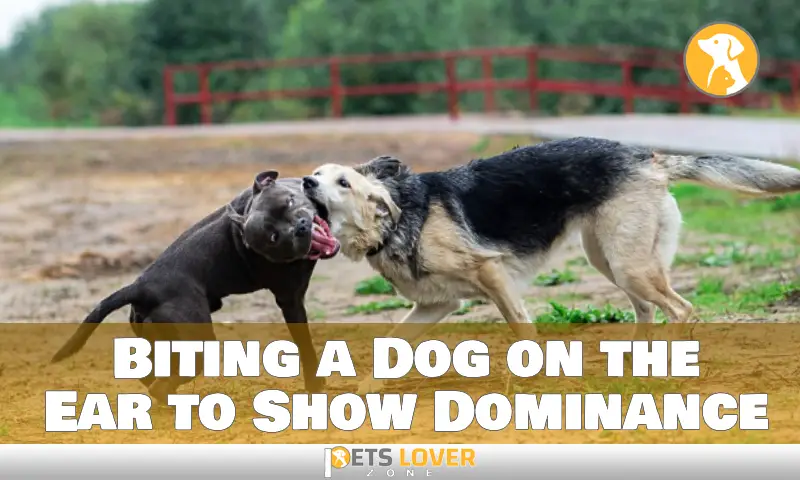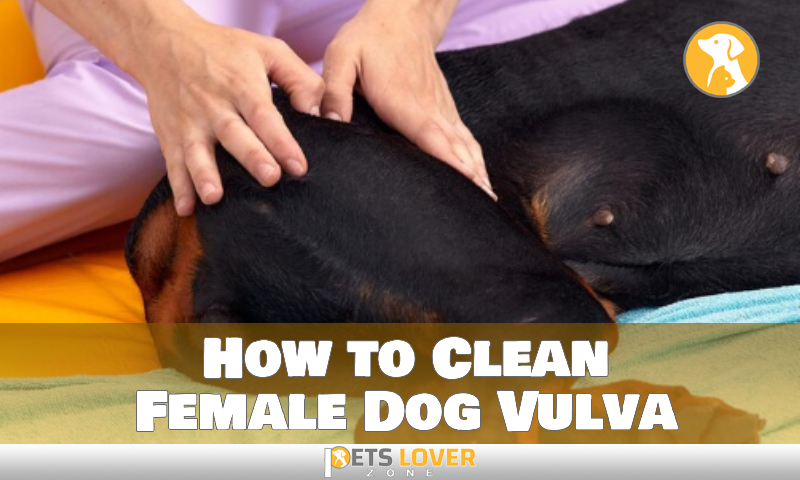To stop a husky from biting, start by providing proper chew toys and redirecting their biting behavior consistently towards those toys. Additionally, regular exercise and mental stimulation can help release excess energy that may be contributing to their biting habits.
Having a husky that constantly bites can be frustrating and even dangerous. Whether it’s nipping at your hands or chewing on furniture, it’s essential to address this behavior to ensure the safety of both your dog and those around them.
By implementing some simple strategies and techniques, you can effectively stop your husky from biting. This article will provide helpful tips and guidance to help you understand the reasons behind this behavior and provide practical solutions for managing and redirecting your biting habits. With consistency and patience, you can create a safer and more enjoyable environment for both you and your furry friend.
Understanding Husky Behavior And Biting Issues

Understanding Husky behavior is essential to addressing biting issues. It is important to acknowledge the significance of dealing with biting behavior in Huskies. One common reason why Huskies engage in biting is due to their natural instinct as sled dogs.
It is crucial to note that biting can have a detrimental impact on the owner-dog relationship. To effectively stop Huskies from biting, it is essential to focus on proper training and socialization. Positive reinforcement techniques, such as reward-based training, can be highly effective in modifying this behavior.
Consistency and patience are key to addressing the biting problem. Understanding the underlying reasons and implementing appropriate training methods can ensure a harmonious relationship with your Husky.
Factors Contributing To Biting Behavior

Biting behavior in huskies can be influenced by genetics and breed predispositions – their instincts may play a role. Additionally, socialization and early training are key factors in preventing biting. Properly introducing your husky to different people, animals, and situations from a young age can help them become comfortable and less likely to bite.
Similarly, early training should focus on teaching them bite inhibition and appropriate behaviors. Environmental stimuli and triggers can also contribute to biting, so it’s important to understand your husky’s sensitivities and provide a safe and controlled environment. By addressing these factors and providing consistent training and socialization, you can effectively stop your husky from biting.
Keep in mind that every dog is unique, and it’s essential to consult with a professional trainer or behaviorist for personalized guidance.
Training Techniques To Discourage Biting
Training a husky to stop biting requires positive reinforcement-based techniques and effective redirection methods. Teaching bite inhibition and impulse control is crucial to discouraging biting behavior. By incorporating rewards and praise, you can encourage your husky to learn appropriate ways to interact with humans and fellow pets.
Consistently reinforcing good behavior and redirecting their attention to chew toys or other acceptable outlets can help mitigate their inclination to bite. It’s important to remember that patience and consistency are key when training your husky. Avoiding punishment-based methods and instead focusing on positive reinforcement will create a trust-based relationship between you and your dog.
With time and effort, you can successfully stop your husky from biting and foster a harmonious environment for both of you.
Creating A Structured Routine For Your Husky
Establishing a structured routine for your Husky is essential to curbing biting behaviors. A consistent schedule is crucial to managing their energy levels and providing an outlet for their physical needs. Regular exercise sessions should be incorporated into their daily routine to ensure they’re adequately tired and less likely to resort to biting.
Furthermore, obedience training is essential for teaching them bite inhibition and appropriate behavior. Integrating interactive toys into their routine will engage their minds and distract them from biting. By following these guidelines, you can create a balanced and well-rounded routine that addresses your Husky’s needs and helps prevent biting incidents.
Managing Biting Situations In Everyday Life
Managing biting situations in everyday life involves recognizing signs of potential aggression and implementing strategies to prevent biting incidents. By being aware of your husky’s body language and signals, you can anticipate and diffuse potentially dangerous situations. Offering appropriate chew toys and alternatives allows your dog to redirect their biting urge toward more appropriate items.
This not only alleviates their need to bite but also helps satisfy their natural instinct to chew. Consistency is key when teaching your husky to stop biting, so be sure to reinforce good behavior and redirect biting onto chew toys.
By providing a safe and stimulating environment for your husky, you can effectively manage biting and promote a healthier, happier relationship with your furry friend.
Correcting Biting Behaviors Through Socialization
Correcting biting behaviors in Huskies is essential for their well-being. One effective method is socialization. By exposing your Husky to different environments and experiences, they can learn appropriate behavior and interaction. Encouraging positive interactions with people and other animals is another crucial aspect.
This helps your Husky develop good manners and prevent biting. However, if, despite your efforts, you are unable to control the biting behavior, seeking professional help is recommended. A qualified dog trainer or behaviorist can provide guidance tailored to your Husky’s specific needs.
Remember, consistency and patience are key when correcting biting behaviors in Huskies. With proper socialization and positive reinforcement, you can establish a well-behaved and non-aggressive Husky companion.
Ensuring A Safe And Enriching Environment
A safe and enriching environment is essential for preventing a husky from biting. Providing a secure and comfortable living space for your husky is crucial. Minimizing stressors and triggers that can lead to aggressive behavior is important. Engaging in appropriate exercise and mental stimulation helps keep your husky calm and content.
This not only helps reduce the likelihood of biting but also promotes their overall well-being. Ensuring that your husky has enough physical and mental activities is key to preventing boredom and frustration. By following these practices, you can create a positive and harmonious atmosphere for your husky, minimizing the chances of them resorting to biting as a means of communication or release.
Seeking Professional Assistance For Persistent Biting Issues
Seeking professional help for persistent biting issues is crucial. A professional dog trainer or behaviorist can play a significant role in addressing this problem. They can evaluate the necessity for behavioral therapy or medication, offering effective solutions. It’s essential to consider that underlying health issues might be the cause of biting.
By identifying and addressing these problems, the trainer or behaviorist can help reduce biting incidents. Their expertise ensures a tailored approach, considering the individual needs of your husky. With the right guidance and training, you can teach your dog proper behavior and discourage biting.
Don’t hesitate to seek professional assistance when it comes to tackling this issue head-on.
Maintaining Patience And Consistency In The Training Process
Training a husky to stop biting requires patience, consistency, and realistic expectations. By practicing patience and persistence, you can instill positive behaviors in your furry friend. Celebrate progress along the way, adapting your training strategies as needed. Remember, the key is to maintain consistency in your approach while setting realistic goals.
Your efforts will pay off as you teach your husky alternative ways to express themselves without resorting to biting. Stay focused and keep in mind that each dog is unique, requiring tailored training methods. With dedication and a positive mindset, you can successfully curb your husky’s biting habits.
The journey may have moments of frustration, but the reward of a well-behaved and non-biting husky will be worth it. Keep going, stay patient, and celebrate every step towards a bite-free future.
FAQ
Why Is My Husky Biting So Much?
A Husky might be biting excessively due to teething, boredom, fear, anxiety, or lack of training and socialization.
Can Huskies Be Trained Not To Bite?
Yes, Huskies can be trained not to bite through proper training and consistent reinforcement.
How Do You Discipline A Husky?
To discipline a Husky, give consistent training, use positive reinforcement, provide mental and physical stimulation, and set clear boundaries.
Conclusion
Effectively addressing biting behavior in your Husky requires understanding the underlying causes and implementing consistent training techniques. By recognizing triggers, providing mental and physical stimulation, using positive reinforcement, and seeking professional guidance if necessary, you can prevent your Husky from biting.
Remember to establish clear boundaries, socialize your dog early on, and discourage rough play. Patience and consistency are key in this process, as it may take time for your Husky to learn and adapt. By taking these steps and committing to proper training, you can create a safe and harmonious environment for both your Husky and your family.
With dedication and love, you can successfully overcome biting behaviors and foster a strong bond with your furry companion.






